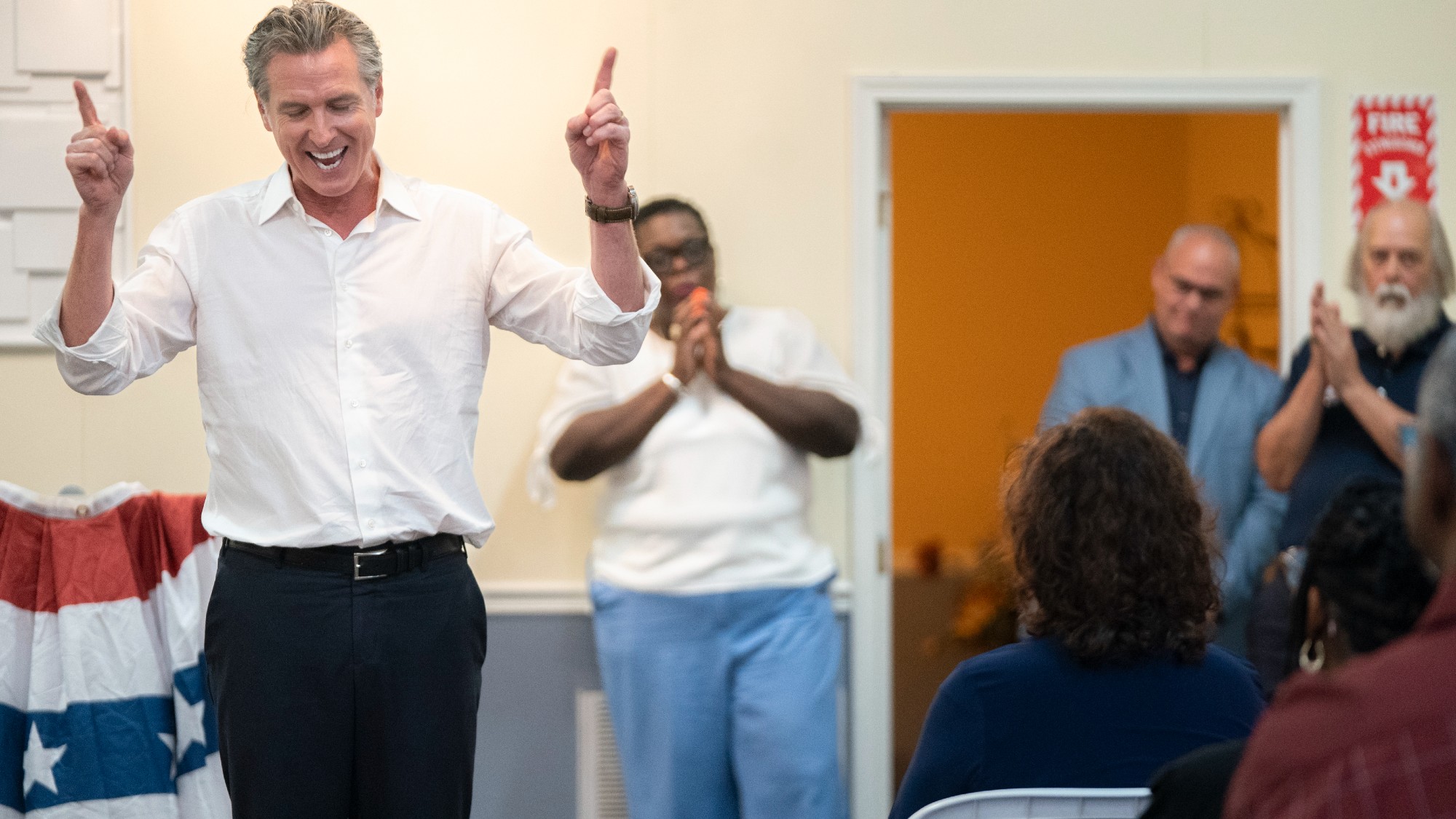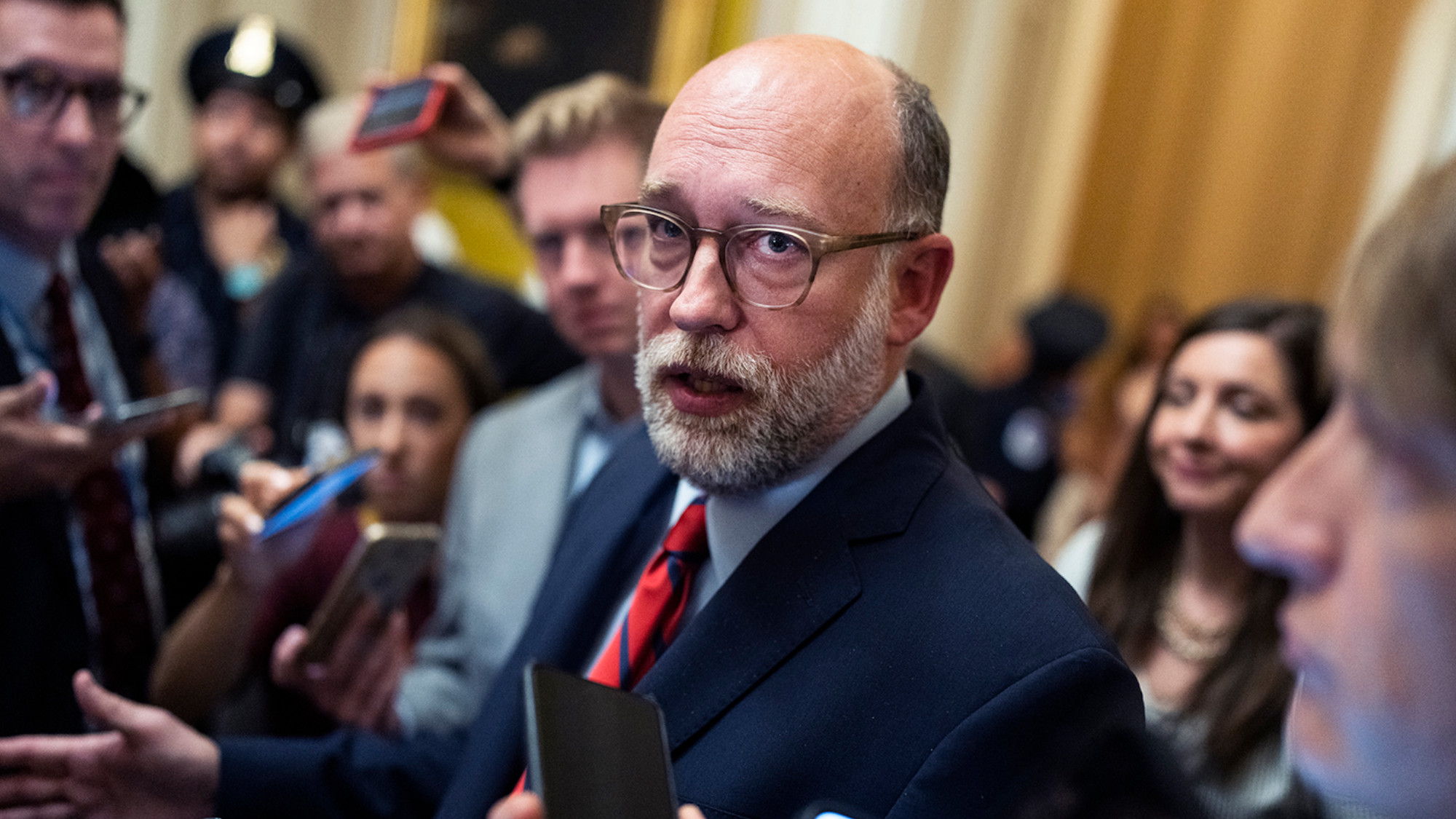Can America really 'strengthen marriage'?
And even if we could, would it really cure our social and economic ills?


A lot of Americans believe quite deeply that many of our societal and economic ills can be traced back to the crumbling institution of marriage. But even if you take that as an article of faith, "fixing" marriage is a problem with no ready solution.
When it comes to reversing high divorce rates, or repairing the collapse of marriage as an institution among lower-class Americans, the fixes that get trotted out tend to be public awareness campaigns or various education initiatives. A new report from the centrist Brookings Institution and the conservative American Enterprise Institute (AEI) is no exception. Along with work promotion and education, it focuses on repairing marriage as a way to alleviate poverty. And its solutions are pretty classic: public information campaigns, having nurses and professionals regularly visit new mothers and fathers to teach them child development and parenting skills, and so on.
But we've already tried those sorts of programs. It's pretty clear they don't deliver any meaningful impact.
Subscribe to The Week
Escape your echo chamber. Get the facts behind the news, plus analysis from multiple perspectives.

Sign up for The Week's Free Newsletters
From our morning news briefing to a weekly Good News Newsletter, get the best of The Week delivered directly to your inbox.
From our morning news briefing to a weekly Good News Newsletter, get the best of The Week delivered directly to your inbox.
This produces a very weird public discussion. Centrist and conservative writers and researchers move heaven and earth insisting that "marriage matters," to combat what they see as a blinkered indifference to the topic on the liberal side of the spectrum. But if you simply grant the point, assume marriage matters, and then ask what we should do about it, the answer is more or less an embarrassed silence. There is a strange, almost magical belief in the power of ideas at work here — as if simply getting everyone to admit "okay, marriage matters" will itself cure the problem.
To their credit, the more intellectually honest members of the marriage promotion movement acknowledge this. They then usually point out that other programs often favored by liberals — like job training, Head Start, or pre-k programs — also tend to fall flat. Which is true, but it's more of a taunt than a response: "I know my idea doesn't work, but neither do yours!"
A better approach might be to admit that big cultural behaviors like who gets married and why, who gets pregnant and when, which families fall apart and which ones thrive, are all deeply mercurial and complex phenomenon bound up with some of the most difficult aspects of the human experience. You might even suggest that using government policy to try to engineer or shape those forces is a foolhardy enterprise destined for failure.
Indeed, that's exactly the sort of thing you'd expect a conservative in the old-school Burkean tradition to say. Which makes the technocratic nature of the Brookings-AEI recommendations rather ironic. The underlying assumption seems to be that marriages fail or never start because people lack the necessary skills, know-how, and best practices — and that well-informed elites could provide those resources to people, if they just knuckled down and tried hard enough.
It's hard to escape the conclusion that the marriage debate gets stuck in this self-contradiction precisely because everyone is circling a giant blind spot they all refuse to look into.
In fact, the Brookings-AEI paper is rather explicit: It's looking for ways to reduce poverty while also reducing Americans' dependency on government programs — which assumes, a priori, that such a thing is even possible. It might not be. People in poverty are overwhelmingly children, people caring for children, the retired, students, the unemployed, and people caring for sick family members. These are people who, by definition, are going to find it exceedingly difficult — and often downright impossible — to get an income from the job market. An income from the government is the only remaining option.
One can object that this is the point of marriage promotion: to get everyone into households where at least someone is getting income from the job market. But that gets us back to the problem that we don't know how to promote marriage. It also assumes whoever is earning the job market income will make enough to cover everyone else in the family unit. Yet the breakdown of marriage has been overwhelmingly concentrated amongst poor and low-income Americans, and people have generally proven pretty averse to marrying across class.
The same problem bedevils the rest of the Brookings-AEI report, which assumes poverty happens because people aren't sufficiently willing or able to work, or sufficiently educated to get good incomes. But what if the problem is simply that there aren't enough well-paying jobs out there for everyone to have? In that case, we'd need policies like a much bigger and more generous welfare state to provide people with alternative incomes, and much bigger deficit spending and looser monetary policy to juice the supply of jobs.
But that package of solutions gets ruled out before the discussion even gets underway. So the discussion must also assume that the problems those solutions address are not the problems we face. And we wind up determining where the discussion will go before it even starts.
While the Republican Party may be a lot more explicit about this refusal, the general pessimism that we just "can't go there" shapes the Democrats' offerings as well. So we keep circling back to things like marriage promotion, job training, education, pre-kindergarten programs, and Head Start instead.
You can argue those economic solutions aren't politically feasible, so you're just being realistic by ruling them out. But there's no law of the universe that the window of political feasibility will always include things that actually work. Perhaps we ought to try moving the window instead.
Which leaves the question of why that economic package keeps getting preemptively ruled out. Some of it is certainly opposition to taxes and the idea of the government taking your money and giving it to someone else. Another darker possibility is that inequality and low job growth actually benefit the very elites who carry out the debate and set the terms of the discussion.
But I suspect something else is at work. The other thing that unites efforts to promote marriage, work, and education is the belief that things like character and culture matter; that your habits and virtues matter; that the ideas and values your society circulates and holds up matter. But what if they don't matter? And by "matter," I mean "determine your life outcomes in any reliable or meaningful way." What if we're actually small and insignificant creatures, largely helpless before the vast forces of the economy so long as we're on our own?
Admitting that possibility might be the hardest thing of all.
A free daily email with the biggest news stories of the day – and the best features from TheWeek.com
Jeff Spross was the economics and business correspondent at TheWeek.com. He was previously a reporter at ThinkProgress.
-
 Democrats: The 2028 race has begun
Democrats: The 2028 race has begunFeature Democratic primaries have already kicked off in South Carolina
-
 The Pentagon's missing missiles
The Pentagon's missing missilesFeature The U.S. military is low on weapons. Can it restock before a major conflict breaks out?
-
 Rescissions: Trump's push to control federal spending
Rescissions: Trump's push to control federal spendingFeature The GOP passed a bill to reduce funding for PBS, NPR and other public media stations
